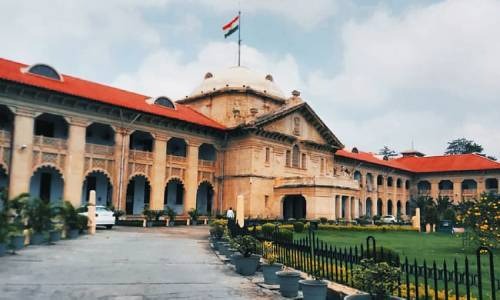
In the case of State of U.P. v. Laxmi And Others, the court observed that all of the witnesses in the case had repeatedly testified regarding the accused's overt actions, including shooting the victim. The Court noted that the relationship between the witnesses PW1, PW3, and PW4 and the deceased cannot be used as justification for doubting their testimony in response to the argument made by respondents/accused that the testimony of the witnesses could not be relied upon because they are interested/related witnesses.
The Court further stated that the testimony of PW1 Chandra Bhushan, PW3 Arimardan, and PW4 Smt. Asha Devi was credible, consistent, and supported by medical evidence. The court further observed that there were five bullet wounds on the deceased's corpse, 65 pellets were removed from the body, and four pellets were discovered on a bullock's right buttock.
The court also noted that the pellets showed that the defendant was carrying a 12-bore gun, and that the doctor's deposition that the deceased may have perished immediately as a result of that injury or may have lived for 10 to 15 minutes was consistent with the testimony of witnesses PW1, PW3, and PW4.
Significantly, the Court found that Bullock's injury report and postmortem report supported how the incident occurred as described by the prosecution witnesses. The Court stated that the judgment of acquittal was subject to interference because the Trial Court had incorrectly rejected the testimony of eyewitnesses PW1, PW3, and PW4 by recording a perverse finding.
Ram Swaroop, the other accused respondent, and Deoraj, the third accused respondent, both sons of Ram Kumar, were found guilty of crimes punishable by Sections 302 and 34 of the I.P.C. and were given life sentences and court noted that "It is fairly well-settled that in an appeal against the order of acquittal, the appellate court would be slow to disturb the findings of the trial court which had the opportunity of seeing and hearing the witnesses. In an appeal against the order of acquittal, there is no embargo for reappreciating the evidence and to take a different view; but there must be strong circumstances to reverse the order of acquittal. In the appeal against order of acquittal, the paramount consideration of the appellate court should be to avoid miscarriage of justice,"

